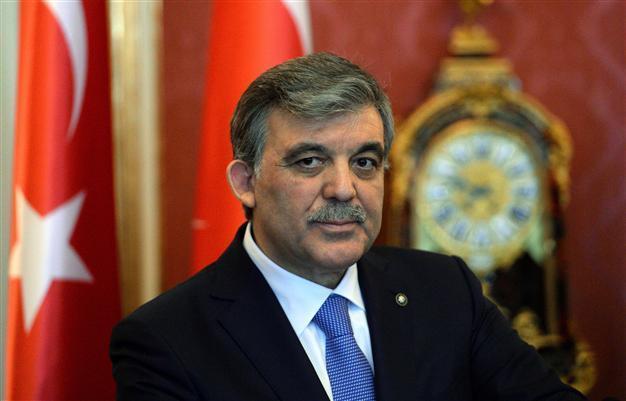President Gül approves disputed bill increasing gov’t grip over judiciary
ANKARA

In a similar fashion, Gül approved a bill on the Internet last week after requesting amendments from the government. AFP photo
President Abdullah Gül approved Feb. 25 a controversial bill reshaping the Supreme Board of Judges and Prosecutors (HSYK), acknowledging that he had warned the justice minister that the current text contained many unconstitutional provisions.The bill had stirred weeks-long controversy due to a provision tightening government control over the key judicial body. It was first passed by Parliament on Feb. 15 after a marathon session marked by brawls and fisticuffs between ruling party and opposition lawmakers.
Gül, said in a statement that he had warned the government over "unconstitutional" measures in the bill.
“I asked for an examination of the bill and noted that 15 elements in 12 articles were incompatible with the Constitution. I warned the justice minister [about it],” he said, adding that the Constitutional Court would have the last word on the bill.
“In line with my warnings, I saw that changes were made [reducing] the powers given to the minister, particularly regarding the appointment of the HSYK heads of departments, the appointment of inspectors, the disciplinary penalties, and the release of regulations and circulars, which will be given back to the HSYK’s plenary committee,” the statement added.
“Apart from these clear incompatibilities [with the Constitution], I deemed it more suitable that the other articles of the bill be assessed by the Constitutional Court,” Gül said.
In a similar fashion, Gül approved a bill on the Internet last week after requesting amendments from the government.
The opposition described the bill as an attempt to stifle the corruption probe launched on Dec. 17.
It was also widely criticized by top EU officials, who Prime Minister Recep Tayyip Erdoğan sought to reassure during a trip to Brussels last month.
















